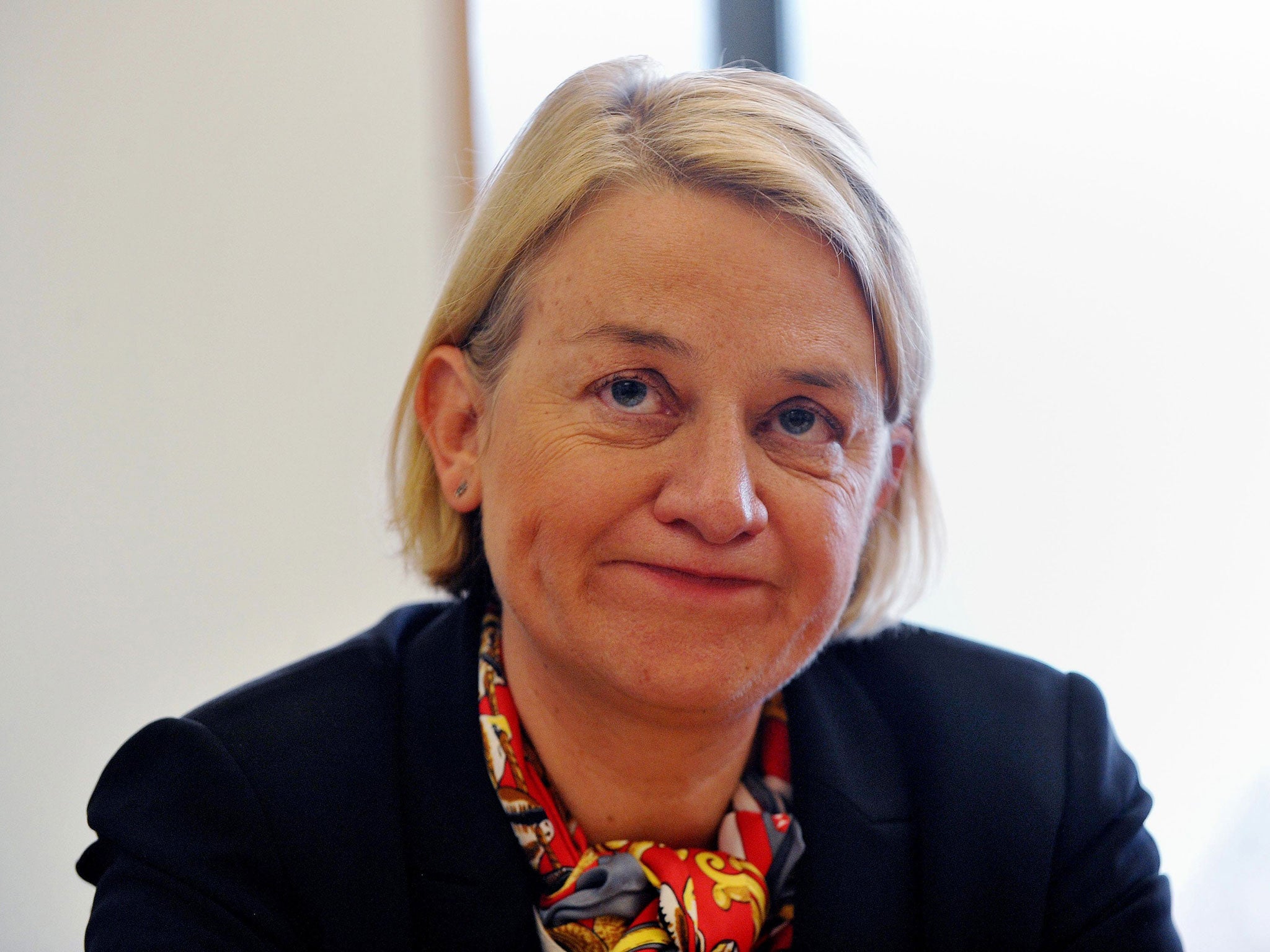Cameron: If Greens aren't on TV debates, I won't be either
Regulator says party has not 'secured sufficient support in previous elections and current opinion polls'

David Cameron has reportedly said that he does not want to take part in planned TV debates ahead of the general election if the Green Party are excluded.
The Greens threatened legal action after Ofcom ruled that they did not have enough support across the country to be treated by broadcasters as a “major party” at this year’s general election.
However, the media regulator said it believed Ukip, which topped the poll in last year’s Euro-elections and won two parliamentary by-elections, should be added to the major party list.
Nigel Farage’s party will now be afforded the same airtime in England and Wales as the Tories, Labour and Liberal Democrats in the run-up to May 7.
Ofcom’s decision will undermine the Green Party’s demands to be included in any televised leaders’ debates during the campaign. The chances of the debates being staged appeared to be fading this evening as David Cameron confirmed he would not take part unless the Greens were involved.
Mr Cameron has now said he is "quite happy for there to be no debates at all" according to the BBC.
Qualifying for “major party” status would increase the number of political broadcasts the Greens could make during the campaign as well as guaranteeing coverage in television and radio bulletins.
Ofcom’s initial view was that the party, including the Scottish Greens, had not “secured sufficient support in previous elections and current opinion polls” to be included. Its decision will now go out to consultation.
Its leader in England and Wales, Natalie Bennett, said the “deeply disappointing” draft ruling risked damaging British democracy.
“The media regulator has failed to grasp the fast-moving, fluid state of British politics today, and that fact that voters are seeking out the choice of real change,” she said.
“Ofcom should not be making that option harder to find, but ensuring voters have the chance to hear and judge the full range of political options today.
“It is also important to note how Ofcom is ignoring the strong support for the Green Party in particular sections of the community, particularly the young and students. Their engagement in the political process is vital for the future.”
Policies: Where the Greens stand on the major issues
Show all 13The Greens, who are defending one parliamentary seat and aiming to win two more, are currently averaging around seven per cent in the polls. Some surveys have put them ahead of the Liberal Democrats in support.
The political parties and broadcasters are still wrangling over the format of any debates.
The BBC, ITV and Sky News have proposed three debates – one between David Cameron and Ed Miliband; one in which they are joined by Nick Clegg; and a four-way debate including Ukip leader Nigel Farage.
The Green Party has reacted furiously to Ms Bennett’s potential and has gathered more than 275,000 signatures in a petition backing their case.
Mr Cameron has said he believes she should be included, which Labour and the Lib Dems suspect is a ruse for scuppering the debates. The Prime Minister told ITV News he would not participate unless Ms Bennett was also given a platform.
Mr Miliband responded: “The Prime Minister should be able to stand on his record and stop running scared.”
The Greens immediately protested to Ofcom over its decision and called for an urgent meeting with the regulator. The party also said it would take legal advice over the ruling.
Caroline Lucas, the Green MP for Brighton Pavilion, said: “Not only is this grossly unfair, but it denies the public the opportunity to hear from a fresh voice.”
The Conservatives, Labour and the Liberal Democrats are currently on Ofcom’s British-wide list, with the Scottish National Party and Plaid Cymru added for broadcasts in Scotland and Wales.
The SNP’s Westminster leader, Angus Robertson, said: “Ofcom's decision to include UKIP over the SNP is simply wrong, and represents a failure to keep abreast of developments since the referendum.
“The recognition of the SNP as a party of majority government and the UK’s third largest political party is key in ensuring fair coverage for the general election.”
Subscribe to Independent Premium to bookmark this article
Want to bookmark your favourite articles and stories to read or reference later? Start your Independent Premium subscription today.

Join our commenting forum
Join thought-provoking conversations, follow other Independent readers and see their replies